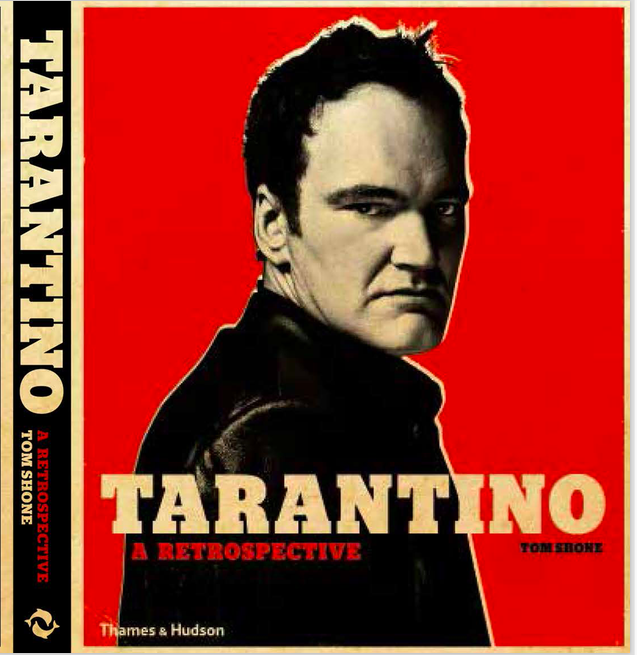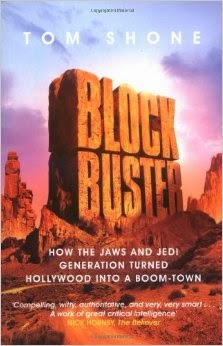
I'm going to be burning CDs for those that want them. Here is the track listing
:—
Novel Writing — Monty Python (Matching Tie & Handkerchief)
The Slow Descent into Alcoholism — The New Pornographers (Mass Romantic: Remastered)
Just Because I Can — Prefab Sprout (B side)
The Absence of God — Rilo Riley (More Adventurous)
Blue — Cat Power Jukebox (Deluxe Edition)
The Pills Won't Help You Now — The Chemical Brothers (We Are the Night)
Too Young — Phoenix (United)
I Don't Know What It Is — Rufus Wainwright (Want One)
Crash Into Me — Dave Matthews Band (Fatboy Slim Remix)
Love Is Blindness — Cassandra Wilson (New Moon Daughter)
Trouble Man — Marvin Gaye (Anthology Series: The Best of Marvin Gaye)
I Am The Walrus — The Beatles (Love)
Useless Desires — Patty Griffin (Impossible Dream)
I Wish I Knew How It Would Feel to Be Free — Nina Simone (Nina Simone: Anthology)
The Things We Do for Love — 10cc (The Best of 10cc)
It Looks Like Love — Josh Rouse (Subtitulo)
Girls In Their Summer Clothes — Bruce Springsteen (Magic)
Signed, Sealed, Delivered (DJ Smash Essential Funk Mix) — Stevie Wonder (Motown Remixed)
Lola (Live) — The Kinks













































